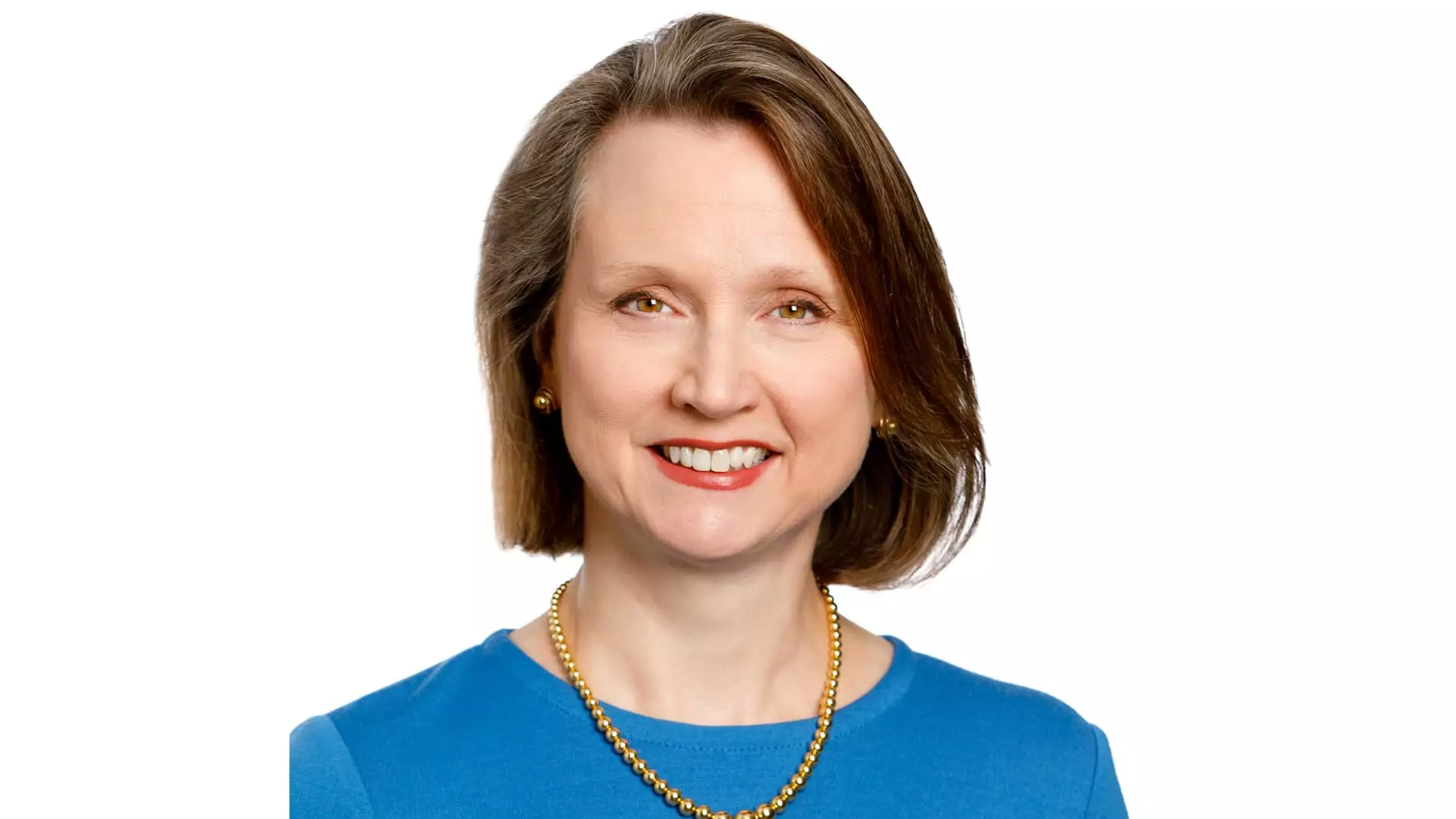Kathryn Glass’ career arc is a testament to the unpredictable nature of professional journeys. Initially, her passion lay within the pages of Japanese literature, an academic pursuit that led her to immerse herself in the language and culture of Japan. Graduating with a bachelor’s degree in the subject from the University of Pittsburgh, she further honed her skills with a master’s degree in Japanese literature from Cornell University. It’s easy to perceive Glass’ early aspirations as strictly academic, but her life took a decisive turn during her doctoral program, leading to a serendipitous internship at Federated Hermes. This unconventional transition from literature to finance poses a compelling reflection on how diverse experiences can enrich one’s professional narrative.
Glass’ initial foray into finance, where she was thrust into the realms of municipal bonds and money markets, showcases her adaptability. Federated Hermes was keenly interested in her unique skill set that included deep linguistic knowledge and a minor in mathematics, merging humanities with analytical prowess. Such interdisciplinary pursuits speak volumes about the need for diverse skills in a complex financial sector often hailed for its numerical rigidity.
Leading with a Unique Perspective
Fast forward to today, Glass is co-heading a high-yield fixed-income group that manages a significant portfolio of approximately $13 billion. Her approach to finance is anything but conventional. Glass believes high-yield investing is akin to storytelling. It’s about understanding the narratives behind the companies—what drives them, their strategic visions, and how well they manage challenges. This perspective sets her apart in a landscape often dominated by cold equations and market metrics. It’s refreshing to see a finance leader who places such importance on the human element, emphasizing that a well-rounded understanding of a company’s ethos can inform more effective investment decisions.
Moreover, Glass’ view aligns well with a necessary shift towards a more comprehensive understanding of finance. The world of high yield is not merely about numbers; it demands insight into a company’s trajectory and the broader economic implications of its actions. As more investors recognize the necessity of narrative in their quantitative analyses, they may realize that the “gray areas,” as Glass puts it, are where true insights lie.
Cautious Optimism in a Tight Market
In her current role, Kathryn Glass faces a challenging market environment characterized by tight spreads in high-yield bonds. This context necessitates a prudent stance—neither too aggressive in buying nor too timid in selling. Glass describes the market as akin to a “Goldilocks type scenario,” where everything seems to be running smoothly, but there remains an underlying tension regarding compensation for risk. Her caution underscores a growing trend among savvy investors: the belief that market valuations, while not always a reliable timing tool, should inform decisions about investments.
This insight resonates strongly with the current economic climate, where the allure of high-yield debt can obscure inherent risks. Glass’ preference for cautiously positioning the fund indicates a necessary conservative approach in finance, especially as an inherent risk looms over the market. Her strategy underscores a larger lesson for investors: a robust investment strategy should be equally weighted between potential gains and potential risks.
The Importance of Resilience in Investment
Another noteworthy aspect of Kathryn Glass’ approach is her commitment to resilience and proactive strategy in navigating market volatility. As she emphasizes the need for readiness to pivot when the market shifts—a reality that many aggressive investors often overlook—Glass exemplifies the type of leadership that can prove invaluable in turbulent times. Her focus on “waiting for buying opportunities” is akin to a seasoned sailor who holds steady during a storm, knowing when to adjust sails and catch the favorable winds.
In her current role, Glass advocates for avoiding the lure of immediate gains while simultaneously monitoring underlying trends. This resilience showcases the balance required in financial leadership today, a quality all too often absent in a field fixated on instant returns.
In navigating the unpredictable landscape of high-yield investments, Kathryn Glass stands as a powerful example of the blend of interdisciplinary skills, narrative investment approaches, and cautious optimism. Her journey is inspiring, reinforcing the idea that one’s educational and career paths need not be linear. The financial sector, often entwined with numbers, benefits immensely when its leaders imbue humanity, perspective, and resilience into their investment strategies. The world needs more leaders like Glass, who dare to blend intellectual curiosity with analytical insight, resulting in a more nuanced approach to the complexities of finance.

